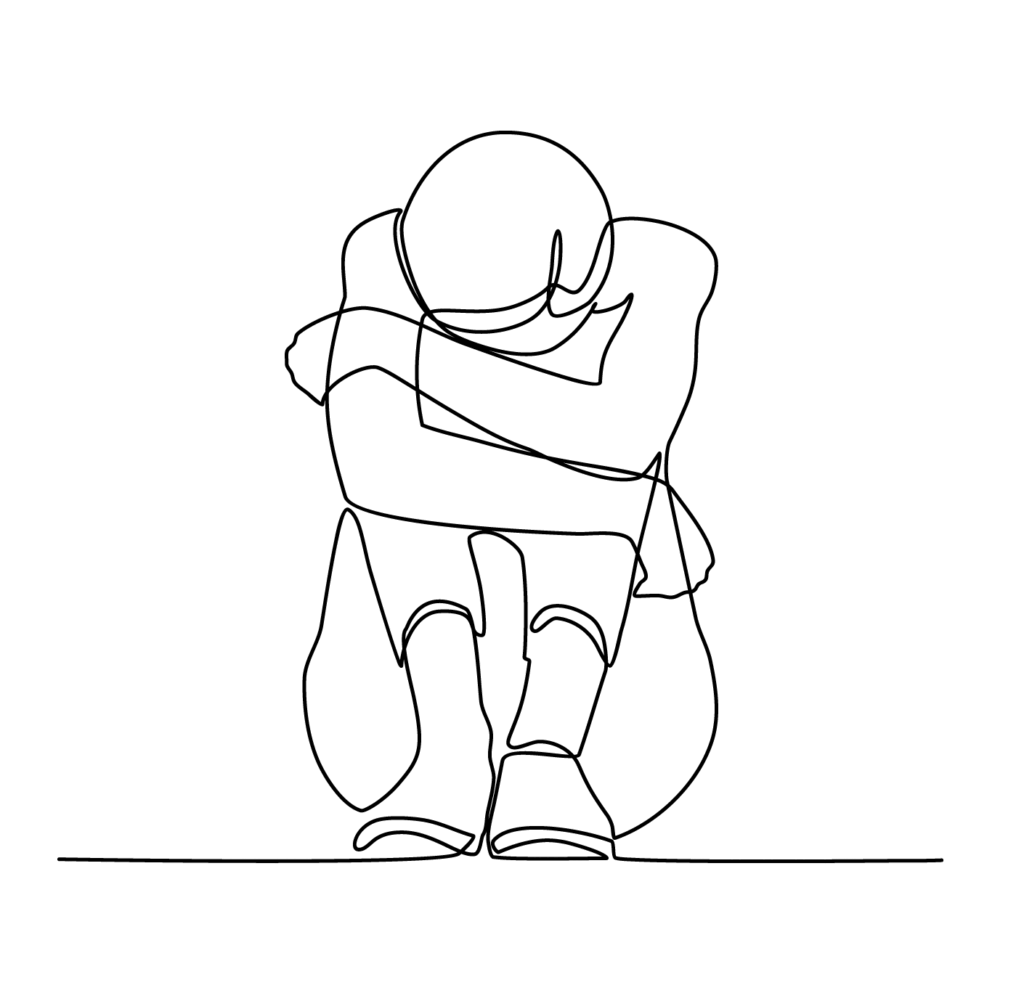What is the impact of loneliness on our physical and mental health?
And what can you do to reduce the effects?
The first question is what is loneliness? It is in our biology to feel lonely, a normal human emotion as we are wired to connect with others and have social interactions. Loneliness is the feeling when you need more. However, you can also be lonely while surrounded by others. The reality is not just the quantity of interactions we have but the quality of them.
There are also several types of loneliness – Let’s look.
Emotional loneliness – When someone you were close with is no longer there. This could be a partner or a close friend. A bereavement or a relationship ends.
Social loneliness – When you feel like you are lacking a wider social network of friends, neighbours, or colleagues. You are shy in group situations or have low self-esteem.
Transient loneliness – A feeling that comes and goes.
Situational loneliness – Loneliness which you only feel at certain times like Sundays, bank holidays or Christmas. Especially times when it is perceived in society that you should be surrounded by loved ones.
Chronic loneliness – When you feel lonely all or most of the time
Intellectual loneliness – When there is no intellectual connection with others.
Cultural loneliness – whereby someone is lonely while being in a foreign culture that leaves one feeling not understood and not able to reciprocate understanding about cultural meanings.

What impact does loneliness have on your physical and mental health?
- Increased chance of heart disease
- Increased chance of a stroke
- Shortened life expectancy
- Increased blood pressure
- Lower immune system
- Can cause social anxiety, depression, and paranoia
- Twice as likely to develop Alzheimer’s and other forms of dementia
- Higher rate of suicide
One of the myths is that older people suffer the most from loneliness, however, according to the BBC Loneliness experiment survey, 40% of young people feel lonely vs 25% of over 75-year-olds.
Top tips for loneliness
- Remember you are not on your own – we are human, so we do get lonely, and millions of people feel it too.
- You can change this if you want to – Take ACTION what is the worst thing that could happen?
- Write a gratitude list – When you remember all the things and people you are grateful for maybe you are not so lonely after all
- Fill the air with sound – Music lifts the mood, an audiobook or a TV programme is a distraction
- Quality, not quantity – Nurture quality relationships and friends
- Interactions – Make the most of every interaction you have
- Share – Do not be afraid to speak out and gain support
- Hobbies – What do you love to do or try?
- Social media – Remember what glistens isn’t always gold. It may look like all your connection are living the best life, but are they? Separate your emotion from what you see or even take a break from it.
- Treat yourself – Now this does not have to be unhealthy snacks or junk food. A new outfit, trip away, book, the list is endless, and you know what makes you happy.
- Get outside – A change of environment works magic and being with nature is ten times better.
- Consider a pet. Now you need to be able to care for it so not a suggestion for everyone. However, they are great company and fun to have around.
- Remember – Loneliness normally passes so you will not feel like this forever







